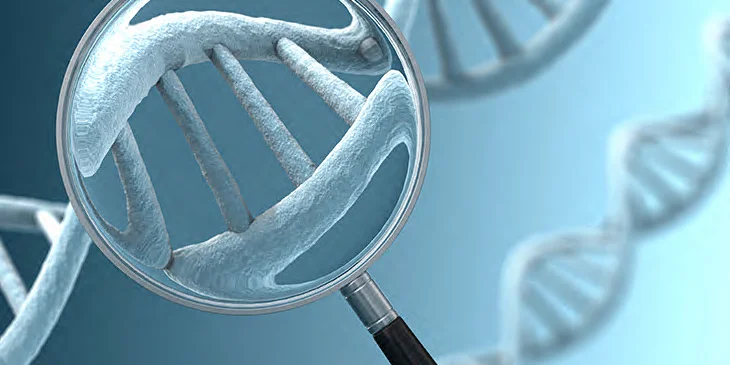- Treatments
- IVF and Infertility
- Preimplantation Genetic Diagnosis (PGD)

Preimplantation Genetic Diagnosis (PGD) in Delhi
Preimplantation Genetic Diagnosis (PGD) is a reproductive technique used in IVF treatment to increase a successful pregnancy. It is a type of genetic test that helps select the best and healthy embryo for achieving a successful pregnancy and avoid the risk of developing any genetic disease, in the case of a couple who is at risk of getting it due to hereditary factors.
This test must be considered for all IVF cycles and is the best option for a couple who are carriers of specific genetic diseases or chromosomal abnormalities. Many females suffer from miscarriages due to chromosomal abnormalities, and who are more than 36 years of age are more at risk of transferring chromosomal abnormalities. This also leads to problems in pregnancy.


The test can help identify which embryo carries a normal amount of chromosomal material, and this test is also known as PGD-A or Pre-implantation Genetic Diagnosis (aneuploidy). The test uses structural arrangement technology and detects the affected, unaffected, or carries embryos for a specific disease in a couple who are suffering from any genetic disease or condition. This helps to use an embryo that is not affected by the disease to achieve a healthy pregnancy.
This test helps reduce the risk of passing on inherited conditions like cystic fibrosis or sickle cell anemia. The couple who need this treatment are not infertile but may be suffering from some genetic condition, and help reduce the risk of transferring this disease to their offspring. PGD test is available for almost all inherited diseases or conditions, and when the exact mutation of the genes is known. A unique test is performed for each couple, and the test is designed as per an individual condition.
Test procedure
PGD using IVF is done in multiple matured and retrieved eggs, and primitive eggs are inseminated using the ICSI technique. Then embryos are grown in culture until 6-8 stage. The biopsy is performed in the embryo, and 1-2 cells are removed. This doesn’t cause damage to the other cells present in the embryo. The extracted cells are evaluated for genetic conditions or any type of mutation. The unaffected embryo is transferred back into the female uterus on the 5th day of embryo development.
The genetic assessment uses technique PCR or FISH to detect abnormalities in chromosome number or DNA.
Dr. Sowjanya Aggarwal and her team of experts have extensive experience with embryo micromanipulation and biopsy. To avail Pre-implantation Genetic Diagnosis (PGD) treatment benefits visit today at Dr. Sowjanya Aggarwal IVF Clinic, the best fertility treatment clinic in Delhi.